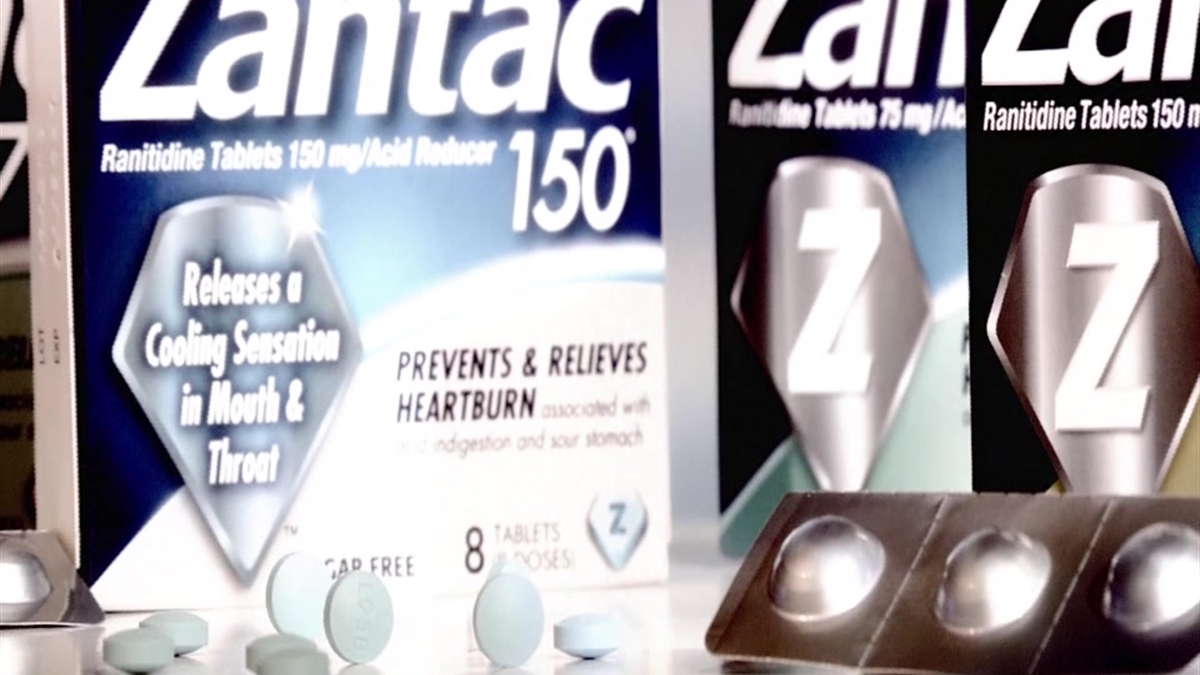
Both COVID cases and hospitalizations have climbed in recent weeks, leading to heightened concerns ahead of the usual cold and flu season.
But this time around, the director of the Center's for Disease Control and Prevention, insists "we're in a different place," explaining that widespread immunity - either from contracting COVID or getting vaccinated - has reassured public health officials, NBC News reported.
Still, with an uptick in cases, you might be wondering what to do if you or a family member happens to contract COVID-19. If it has been a while since you came down with COVID, it's understandable if you've questioned whether testing guidance has changed in recent months.
Furthermore, questions are possible too, like can you still use expired COVID tests? Here's everything you need to know, including what to do if you test positive, where you can get discounted or free COVID tests and more.
When should you take a COVID test?
If you experience any symptoms associated with COVID, health officials recommend that you get tested as soon as possible. The following are a number of symptoms of the virus - but not all:
- Fever or chills
- Cough
- Shortness of breath or difficulty breathing
- Fatigue
- Muscle or body aches
- Headache
- New loss of taste or smell
- Sore throat
- Congestion or runny nose
- Nausea or vomiting
Does it matter which test you take?
Local
Feeling out of the loop? We'll catch you up on the Chicago news you need to know. Sign up for the weekly Chicago Catch-Up newsletter here.
Called the "the gold standard" of COVID tests by the CDC, PCR tests are more likely to detect the virus than antigen tests. However, it may take up to three days to receive results, because samples must be taken to a laboratory. Antigen tests, meanwhile, are very accurate and reliable, and typically produce results in 15 to 30 minutes, according to the CDC. However, they're generally less likely to detect COVID than PCR tests --- especially if you're not showing symptoms.
If you're planning on taking just one test, a PCR might be your best option. If you take an antigen test and receive a negative result, the CDC recommends that you take another antigen test within 48 hours or undergo a PCR test to confirm your results.
What should you do if you test positive?
Anyone who tests positive, according to the CDC, should stay home for at least 5 days and isolate from others in their home. If you must be around others, it's recommended that you wear a high-quality mask or respirator to protect those around you, according to health officials. If your symptoms are improving and you've been without a fever for at least 24 hours, you may end isolation after day 5. If you still have a fever, continue to isolate until you're fever-free for 24 hours.
What if your test is expired? Can you still use it?
If you happen to have COVID tests lying around, and you think they're expired -- they might not be. The Food and Drug Administration said on its website that tests' authorized expiration dates may go beyond the date printed on the box.
To see if the expiration date has been extended and how to find a new expiration date, the FDA suggests you check its list of Authorized At-Home OTC COVID-19 Tests. It's important to note that the FDA doesn't recommend using at-home COVID tests past their authorized expiration dates.
Where can you still get COVID tests for free?
While you could previously order free COVID tests online through a government website, that's no longer the case. The COVIDtests.gov program, which distributed more than 755 million tests, stopped accepting orders on June 1.
However, free or discounted tests may still be available to those in need. Through its Increasing Community Access to Testing program, the CDC offers no-cost COVID-19 testing for uninsured individuals who are either symptomatic or have been exposed to COVID. Head here to find a testing site near you.
If you have insurance, it's likely you will be reimbursed or an in-network facility will provide a test at no cost. Additional information on the reimbursement process can be found on the Centers for Medicare and Medicaid Services website.



